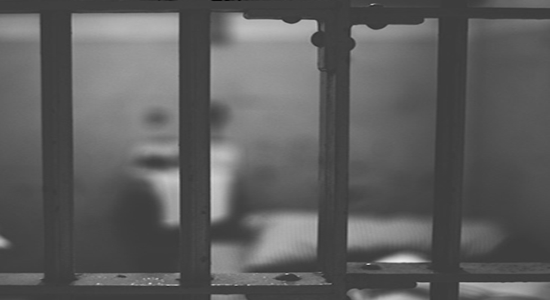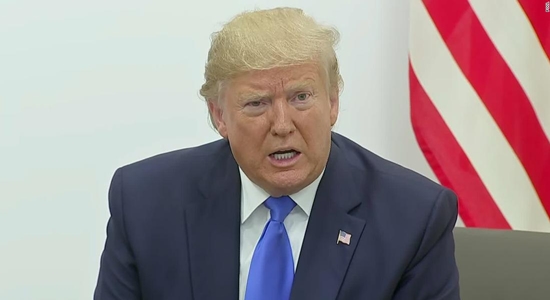
Hong Kong’s judicial system isn’t what it used to be.
In Part I of the Hong Kong Free Press series on “Hong Kong’s new legal precedents after 3 years of the national security law,” we learn that among “several new precedents” established in the judicial realm are “non-jury trials and a more stringent bail threshold.”
HKFP says that the case of entrepreneur Jimmy Lai helped establish how bail in Hong Kong would now function. Lai founded the pro-democracy publication Apple Daily, one of many publications censored out of existence during the recent pell-mell completion of China’s takeover of Hong Kong.
The stringent new standard for bail “stemmed from a decision by the city’s top court in February 2021 over the bail status of pro-democracy media tycoon Jimmy Lai, who was charged with foreign collusion.”
[On] December 12, 2020 . . . Chief Magistrate Victor So rejected his application for bail on the grounds that he believed the media tycoon would fail to surrender to custody or [might] commit an offence while on bail.
Less than two weeks later . . . Lai became the first person charged under the security law to receive bail. High Court judge Alex Lee granted him bail in accordance with Section 9J of the Criminal Procedure Ordinance, which empowers the higher court to confirm, revoke or amend a bail-related decision made by a district judge or a magistrate. . . .
The Department of Justice later challenged Lee’s decision to grant Lai bail at the Court of Final Appeal, and Lai was taken back into custody on December 31. The prosecutors urged the city’s top court to rule on the correct interpretation of Article 42 (2) of the national security law.
A year later, the chastised Court of Final Appeal told Sidney Ng, one of five speech therapists charged with sedition for wrongspeak, that when you really looked closely at all the laws and things, it was clear that she could not be granted bail. The Free Press says: “Since the top court’s decision, most people charged under the sedition law have been denied bail.”
If anything, the situation is even more dire than the Free Press suggests. It’s not just that “several new precedents” have been set. Hong Kong’s judicial system has been wiped out.
The Chinese Hong Kong government now regards any expression of dissent by Hong Kongers as a threat to “national security” to which it may properly respond by arresting and imprisoning the speaker. Freedom of speech is not an isolated target. Any professed respect for allied rights in general or the rights of the accused in particular is meaningless. There are still courts in Hong Kong, and the judges do stuff and say things as if they’re trying to be scrupulous and just. But they make these motions in deference to a National Security Law that in its elimination of political freedom and rights is unscrupulous and unjust.
As for jury trial: “To date, no national security trial has been heard by a jury.”
In Hong Kong, the whims of the rulers are what now count most in determining judicial outcomes.





